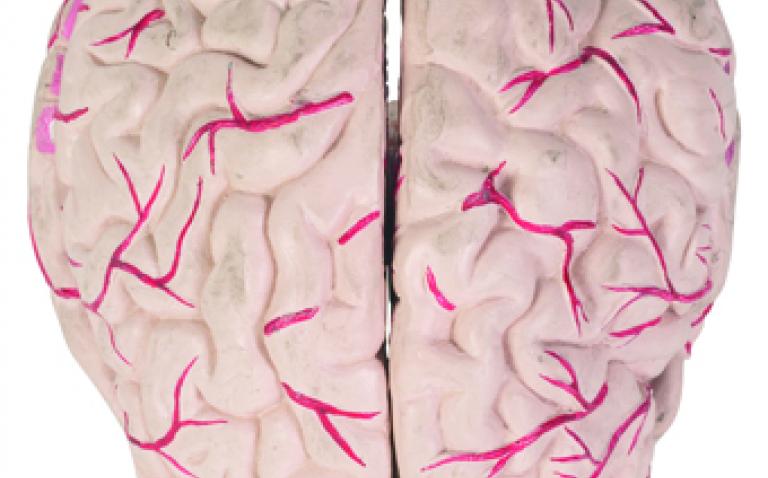The New England Journal of Medicine (NEJM) has published a study that found patients taking Afinitor® (everolimus) tablets experienced a decrease in the size of their subependymal giant cell astrocytoma (SEGA), a benign brain tumor associated with tuberous sclerosis (TS).
This study, which was previously presented at the 46th American Society of Clinical Oncology annual meeting, is the first prospective clinical trial of a drug to show treatment benefit in these patients.
Tuberous sclerosis is a genetic disorder affecting approximately 25,000 to 40,000 people in the US. Tuberous sclerosis may cause benign tumors to form in vital organs, including the brain, where they can cause seizure and developmental delay, as well as the kidney, heart, eyes, lungs and skin.
SEGAs, benign brain tumors, occur in up to 20% of patients with TS and primarily affect children and adolescents. SEGAs may pose a significant medical risk, including the potential for swelling in the brain, or hydrocephalus.
According to data published in NEJM from this Phase I/II study of 28 patients conducted by Cincinnati Children’s Hospital Medical Center, treatment with everolimus was associated with a significant reduction in primary SEGA volume at six months relative to baseline on independent central review (p<0.001).
Seventy-five percent of patients (21 of 28) experienced a reduction of 30% or greater in the size of their largest SEGA and 32% (9 of 28) experienced a reduction of 50% or greater at six months relative to baseline.
The published study findings also showed that everolimus therapy was associated with a clinically relevant reduction from baseline to six months in overall frequency of seizures per 24 hour video electroencephalograms (EEG) (n=16; median change -1 seizure, p=0.022). Additionally, no patients required surgery or developed a new SEGA while receiving everolimus.
Everolimus was recently approved in the US under the FDA’s accelerated approval program as Afinitor for patients with SEGA associated with TS who require therapeutic intervention but are not candidates for curative surgical resection. The effectiveness of Afinitor is based on an analysis of change in SEGA volume. A Phase III study is underway that compares everolimus to placebo to explore the clinical benefits of Afinitor for the treatment of patients with SEGA associated with TS.
The most common adverse reactions observed (incidence ≥30%) in this trial were mouth sores, upper respiratory tract infections, sinusitis, middle ear infections and fever.
“This is the first clinical trial to show that a drug has the potential to provide patients with growing SEGAs, many of whom are children, another treatment option besides brain surgery,” said David Franz, MD, Director, Tuberous Sclerosis Clinic at Cincinnati Children’s Hospital Medical Center and principal investigator of the study.
“In addition to decreasing the size of the brain tumors, everolimus was associated with a significant reduction in the frequency of seizures, which occur in 90% of affected individuals,” he said.










